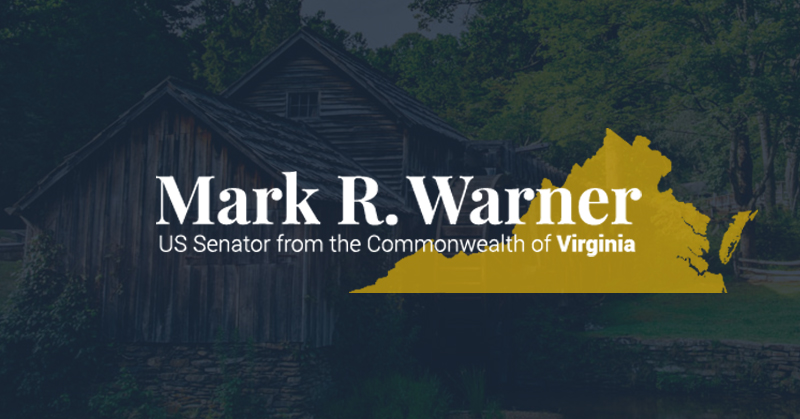Source: United States Senator for New York Kirsten Gillibrand
June 10, 2021
Today, U.S. Senators Kirsten Gillibrand (D-NY) and Mike Rounds (R-SD) led a bipartisan group of 38 senators in calling for $500 million to fully fund U.S.-Israel cooperative missile defense programs in the Defense Appropriations bill for fiscal year 2022. Israel’s missile defense system is made up of four operational layers: Iron Dome, David’s Sling, Arrow 2 and now Arrow 3. In addition to contributing to ballistic missile defense, the funding will support crucial work on research, development and test activities to counter hostile unmanned aerial systems.
“Not only does this critical funding help Israel defend itself and save lives, but it also strengthens U.S. national security, aiding research and development,” said Senator Gillibrand. “Our relationship with Israel is unbreakable and I’m proud to lead this bipartisan push each year to ensure Israel has the resources needed to protect its citizens.”
“We have had a great deal of success in improving our missile defense systems working with Israel,” said Senator Rounds. “The advancements we have been able to make in this cooperative effort will benefit our defense capabilities as well as those of our ally Israel. This missile defense system has also saved the lives of countless Israeli and Palestinian citizens living in Israel. It is important that we continue to authorize and fund these systems.”
The bipartisan group of senators wrote, “the U.S.-Israeli cooperation has resulted in a system that can, and has, countered numerous missile threats from state and non-state actors from adversaries in Gaza, Lebanon, Syria, Iran, and elsewhere. This system provides Israel with the ability to protect lives at home and on the battlefield, keeping its citizens and soldiers out of harm’s way.”
Senators Gillibrand and Rounds have long led this bipartisan letter in support of U.S.-Israeli cooperative missile defense programs, which advance U.S. national security interests by supporting Israel’s ability to defend itself against missile and rocket attacks. For several years, the senators have led letters that have secured at least $500 million for these important programs. In the Senate, Gillibrand has led the letter dating back to at least 2012.
In addition to Senators Gillibrand and Rounds, the letter was signed by Senators Bennet (D-CO), Blumenthal (D-CT), Booker (D-NJ), Brown (D-OH), Cantwell (D-WA), Cardin (D-MD), Casey (D-PA), Coons (D-DE), Cortez Masto (D-NV), Cramer (R-ND), Daines (R-MT), Duckworth (D-IL), Feinstein (D-CA), Fischer (R-NE), Hassan (D-NH), Hickenlooper (D-CO), Kaine (D-VA), Kelly (D-AZ), Klobuchar (D-MN), Lankford (R-OK), Markey (D-MA), Merkley (D-OR), Padilla (D-CA), Peters (D-MI), Rosen (D-NV), Rubio (R-FL), Schatz (D-HI), Sinema (D-AZ), Smith (D-MN), Stabenow (D-MI), Thune (R-SD), Van Hollen (D-MD), Warner (D-VA), Warnock (D-GA), Wyden (D-OR) and Young (R-IN).
The text of the letter appears below:
Dear Chairman Tester and Ranking Member Shelby:
Thank you for this committee’s strong support of U.S.-Israel collaborative defense programs, including Iron Dome, David’s Sling, and Arrow as well as our continued cooperative work on Unmanned Aircraft Systems (UAS). As you begin work on the Fiscal Year (FY) 2022 Defense Appropriations bill, we write seeking $500 million for continued support for these in order to meet the United States’ and Israel’s national security needs.
Joint U.S.-Israel missile defense collaboration on Israel’s multilayer missile defense system has been foundational to the defense of Israel since the 1980s. Congress has consistently supported this project. Israel’s missile defense system is made up of four operational layers: Iron Dome (short-range), David’s Sling (medium-range), Arrow 2 (longer range), and now Arrow 3 (very long range). The U.S.-Israeli cooperation has resulted in a system that can, and has, countered numerous missile threats from state and non-state actors from adversaries in Gaza, Lebanon, Syria, Iran, and elsewhere. This system provides Israel with the ability to protect lives at home and on the battlefield, keeping its citizens and soldiers out of harm’s way.
This cooperative program has also created an important flow of data and invaluable insight to support vital U.S. missile defense technology while safeguarding our strategic ally Israel and our service members in the region. This program synergizes with our ongoing operations in the area increasing interoperability between U.S. and Israeli systems and forces. Moreover, the program supports critical elements of the industrial base and important jobs here in the United States through co-development and co-production agreements.
Another area of critical importance to both the United States and Israel, is in the field of UAS, and perhaps just as importantly, counter-UAS. In February 2020, the U.S. Defense Innovation Unit announced it had selected Israeli firm D-Fend Solutions to field a counter-drone system for the FBI and U.S. military. This technology was co-developed with the U.S. Combatting Terrorism Technical Support Office. CTTSO has played a crucial role in U.S.-Israel cooperation and innovation.
For FY 2022, in addition to ballistic missile defense, $500 million will continue critical work on research, development and test activities to counter hostile unmanned aerial systems. This funding will further development of a range of systems designed to handle the imminent threats American and Israeli forces face.
Together, these programs confront the compelling challenges facing both Israel and the United States and form a strong foundation of the enduring friendship of our nations. We look forward to working with you on these important programs.
Sincerely,






